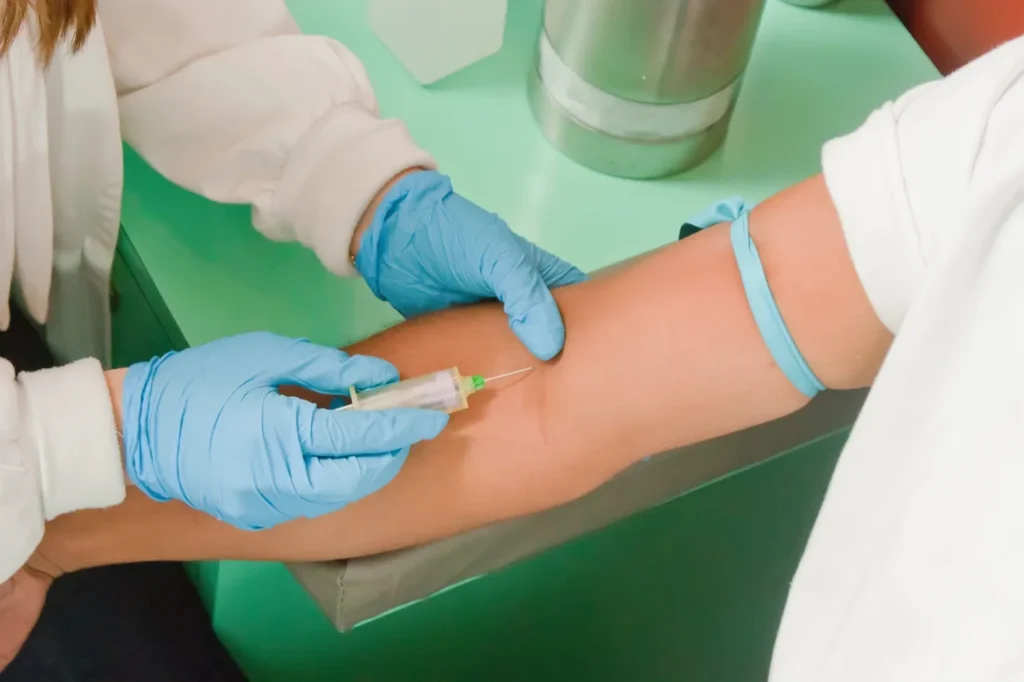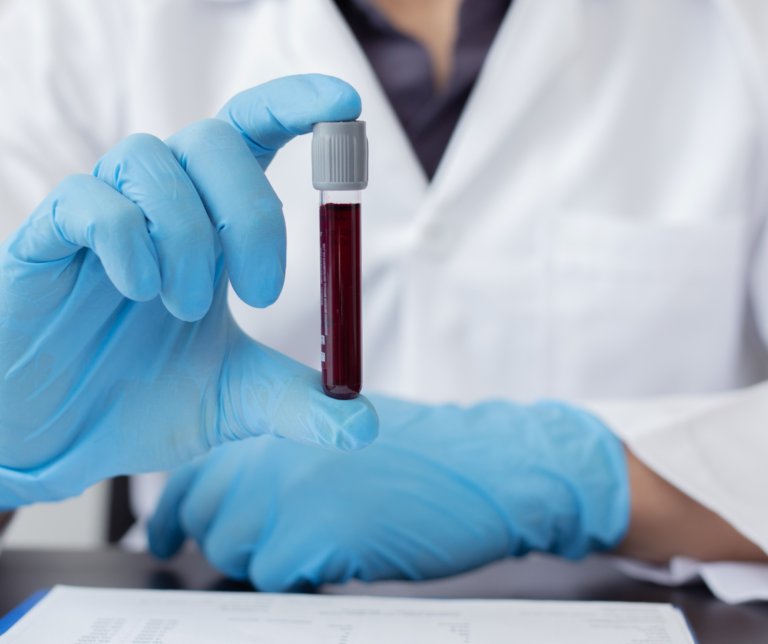
Diagnostic labs are an essential part of the healthcare system in India, providing critical information for the diagnosis, treatment, and management of diseases. The demand for quality diagnostic services has been on the rise in recent years, fueled by an aging population, the rise in lifestyle diseases, and increasing awareness about preventive health checkups. The location of a diagnostic lab plays a crucial role in its success and profitability. In this article, we will explore the importance of choosing the right location for setting up a diagnostic lab in India.
- Accessibility: The first and foremost consideration while choosing a location for a diagnostic lab is accessibility. The lab should be easily accessible to patients and healthcare providers, preferably located near a hospital, clinic, or medical center. The lab should be easily accessible by public transport, and there should be ample parking space available for patients who come in their own vehicles. This ensures that patients can easily reach the lab without any hassle, which can improve patient satisfaction and loyalty.
- Catchment Area: Another critical factor to consider when choosing a location for a diagnostic lab is the catchment area. The catchment area refers to the geographical area from which the lab is expected to attract patients. It is essential to choose a location that is strategically placed to attract patients from a wide catchment area. For example, a lab located in the heart of the city may attract patients from all over the city, while a lab located in a residential area may attract patients only from the surrounding neighborhoods. The larger the catchment area, the more potential customers the lab can attract.
- Convenience: It is very important that the lab (or at least the collection center of the lab) be located on the ground floor with adequate spacing for the waiting area. This ensures ease and comfort for the patients, particularly those in the geriatric age group. Along with this, having a well-sanitized, clean, attached washroom is a must. This too, has to be on the ground floor of the building to ensure patient convenience.
- Competition: The location of the diagnostic lab also needs to be assessed in terms of competition. The lab should not be located in an area where there are too many competitors already. If there are too many competitors in the same area, it can be challenging to attract patients and stand out from the crowd. On the other hand, a location with no competition may indicate a lack of demand for diagnostic services in that area. Conversely, there is an unexploited advantage to this point. If there are too many competitors in a given locality, most of them would likely be established and have high caseloads per day, thus making them slower to function in terms of report dispatch. The price of various tests in such labs is also likely to be higher than the market average. In such a scenario, it may be beneficial for a new lab to attract more patients by providing reliable test results at a lower cost as well as by maintaining a shorter Turn Around Time (TAT) compared to the other labs in the locality. This can be a risky task, but if executed well, can take your personal brand value to a new level in comparison to your competitors.
- Infrastructure: The infrastructure and facilities available in the area also need to be considered while choosing a location for a diagnostic lab. The lab should be located in an area with adequate power supply, water supply, and proper waste management facilities. It should also be located in an area that is safe and secure for patients and staff members.
- Cost: Finally, the cost of setting up a diagnostic lab in a particular location needs to be considered. The cost of renting or buying space, equipment, and utilities can vary significantly from one location to another. It is essential to choose a location that is cost-effective and provides value for money while also ensuring that the lab meets all the necessary standards and regulations.
In conclusion, choosing the right location for setting up a diagnostic lab in India is crucial for its success and profitability. The location should be easily accessible, have a wide catchment area, be free of excessive competition, have adequate infrastructure, and be cost-effective. By carefully considering these factors, a diagnostic lab can attract more patients, provide better services, and achieve long-term success.
Stay tuned for more useful information and guidance.
PathLete
Empowered Diagnostics, Empowered India!





